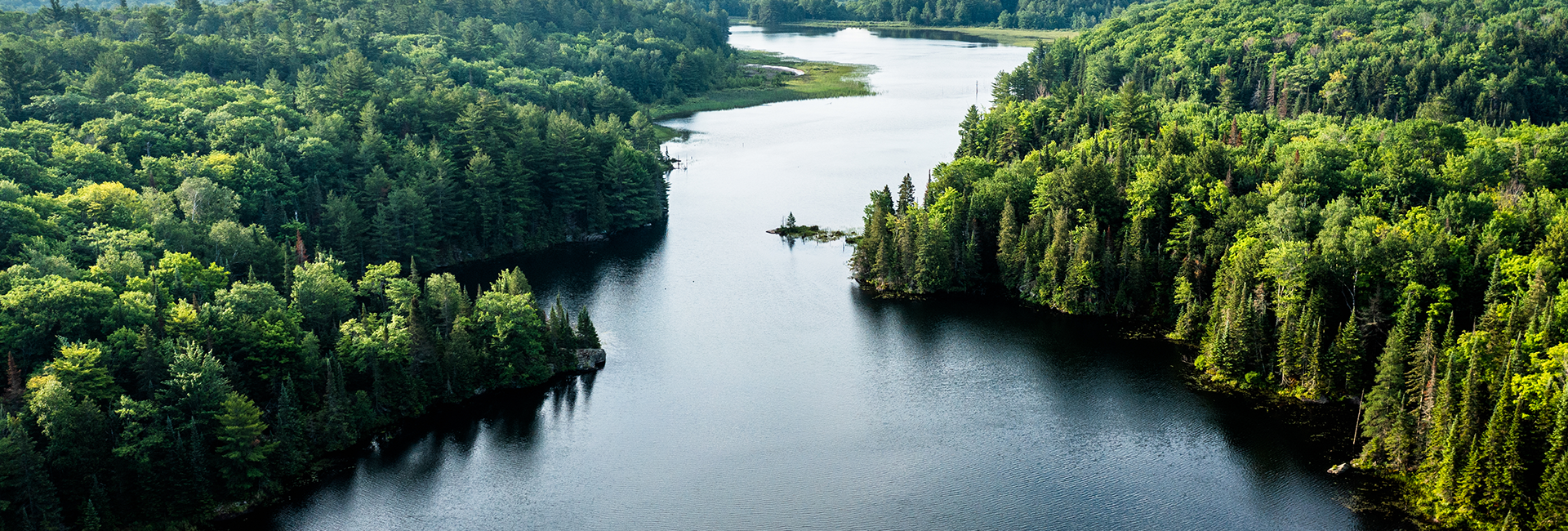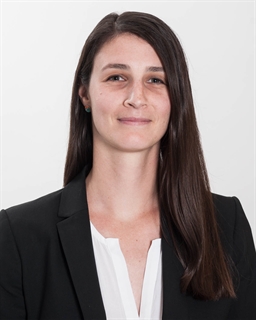
Environmental
Our attorneys keep you ahead of the curve with innovative, practical legal counsel on regulatory obligations under changing state and federal law. We bring deep legal expertise to transactions, financing, land use, permitting, and litigation involving environmental regulation.


Decades of Experience, Clear Counsel for What’s Ahead
At Godfrey & Kahn, we help clients navigate the complex and evolving landscape of environmental law with insight, precision and a focus on practical results.
Our team helps clients address a broad range of environmental challenges, drawing on deep experience in regulatory compliance, permitting, transactions and redevelopment. Our work spans core areas like air and water quality, waste management and site remediation, as well as evolving concerns such as PFAS, climate-related risk and land use.
No matter the challenge, we help clients understand their obligations, manage risk and move forward with confidence.
Clients Turn to Us for More Than Legal Answers
They rely on our ability to assemble the right team across disciplines. From real estate and litigation to transactions and regulatory strategy, we deliver solutions that align with business goals and regulatory requirements.
We work with a wide range of clients, including family-owned and privately held companies, Fortune 500s, tribes, developers, municipalities and investors. Our counsel is tailored and collaborative, and built to support projects at every stage.

Environmental Permitting & Compliance
Our team delivers practical strategies to help clients manage permitting and compliance requirements while advancing their business goals. We understand that environmental compliance is not just a legal requirement—it’s a critical component of operational success and risk management.
We Regularly Help Clients With:
- Interpreting and navigating federal and state environmental regulations
- Securing permits for new facilities and expansion of existing operations
- Identifying and addressing compliance risks and obligations with respect to newly acquired businesses
- Coordinating with regulators to minimize delays and align permitting objectives with project timelines
Have a question? Let’s talk.
Mergers & Acquisitions and Real Estate Transactions
We guide buyers, sellers and their advisors through the environmental risks and obligations that can impact deal structure, value and timing.
Support at Every Stage
Our environmental attorneys play a critical role in the success of mergers and acquisitions, divestitures, joint ventures and real estate transactions. We help clients identify, assess and manage environmental risks and obligations tied to corporate and real estate deals.
We partner closely with deal teams, in-house counsel and outside advisors to provide focused, actionable guidance that aligns with business objectives and transaction timelines. We help clients make informed decisions, protect long-term value and close deals with confidence.
Our Services Include:
- Conducting environmental, health and safety due diligence in complex domestic and international buy- and sell-side transactions
- Assessing the impact of environmental compliance, enforcement actions and regulatory trends on transaction risk and value
- Advising on environmental risk mitigation strategies, including the use and availability of environmental insurance, regulatory liability protection programs, and escrow and indemnification agreements
- Evaluating legacy contamination and corresponding liabilities
Have a question? Let's talk.
Enforcement Defense & Environmental Litigation
We regularly advise clients on managing complex environmental regulatory requirements with a focus on proactive risk prevention and liability mitigation. We help build compliance strategies that align with operational goals while minimizing exposure to enforcement actions and reputational risk.
When enforcement does arise, our environmental attorneys are skilled in defending clients against federal and state regulatory actions. We have extensive experience representing clients in civil and criminal environmental matters, including administrative proceedings, agency investigations and environmental litigation.
We Help Clients Respond Decisively with Confidence Through:
- Strategic counseling on environmental compliance and risk management
- Defense against government enforcement actions, notices of violation, notices of liability and information requests
- Representation in administrative appeals before state agencies and trial court proceedings
- Counsel in civil enforcement and criminal defense environmental matters
Have a question? Let's talk.

Our Experience Spans Every Corner
Explore how our team helps clients manage environmental risk, meet regulatory obligations and navigate complex site, resource and infrastructure challenges.
Brownfields Redevelopment
Using innovative strategies, we help clients transform environmental liabilities into valuable assets. We represent property owners, developers, municipalities and lenders. From early-stage due diligence through site cleanup, permitting and post-redevelopment compliance, we assist clients with navigating the legal and financial complexities these projects involve, helping them make informed decisions about liabilities and regulatory obligations.
Whether you are evaluating a brownfield redevelopment project, managing historical contamination, or proactively addressing contingent environmental liabilities, our team delivers pragmatic solutions tailored to your business needs.
"The team is of the highest quality. It can put forward experts in whatever area we need."
Natural Resources & Environment Client Comment
-- Chambers USA
"We rely on their expertise on sophisticated matters and have been pleased with their responsiveness and level of support."
Natural Resources & Environment Client Comment
-- Chambers USA
"They are excellent. They have the appropriate staff to be able to handle any issues that come up for us."
Natural Resources & Environment Client Comment
-- Chambers USA

Looking for More?
Our attorneys write on a variety of topics and provide engaging educational opportunities through free webinars and seminars enabling you to stay up-to-date with the most current developments, trends, and legal issues affecting your business.
We’re Honored to be Honored
We are honored by awards that reflect our vision for our work. Work-product awards like Best Law Firms and top tier rankings by Chambers USA and Benchmark Litigation help us attract and keep quality talent who are often recognized as Best Lawyers. Our people help us attract clients and build a team-oriented culture that's led to Top Workplace awards year after year.


You might also be interested in
Join Our Mailing List
Need to stay current on the latest news, trends and regulatory issues impacting your business? Subscribe today! We know your time is valuable, so we limit our communications to only the most pertinent info you need to stay informed.






